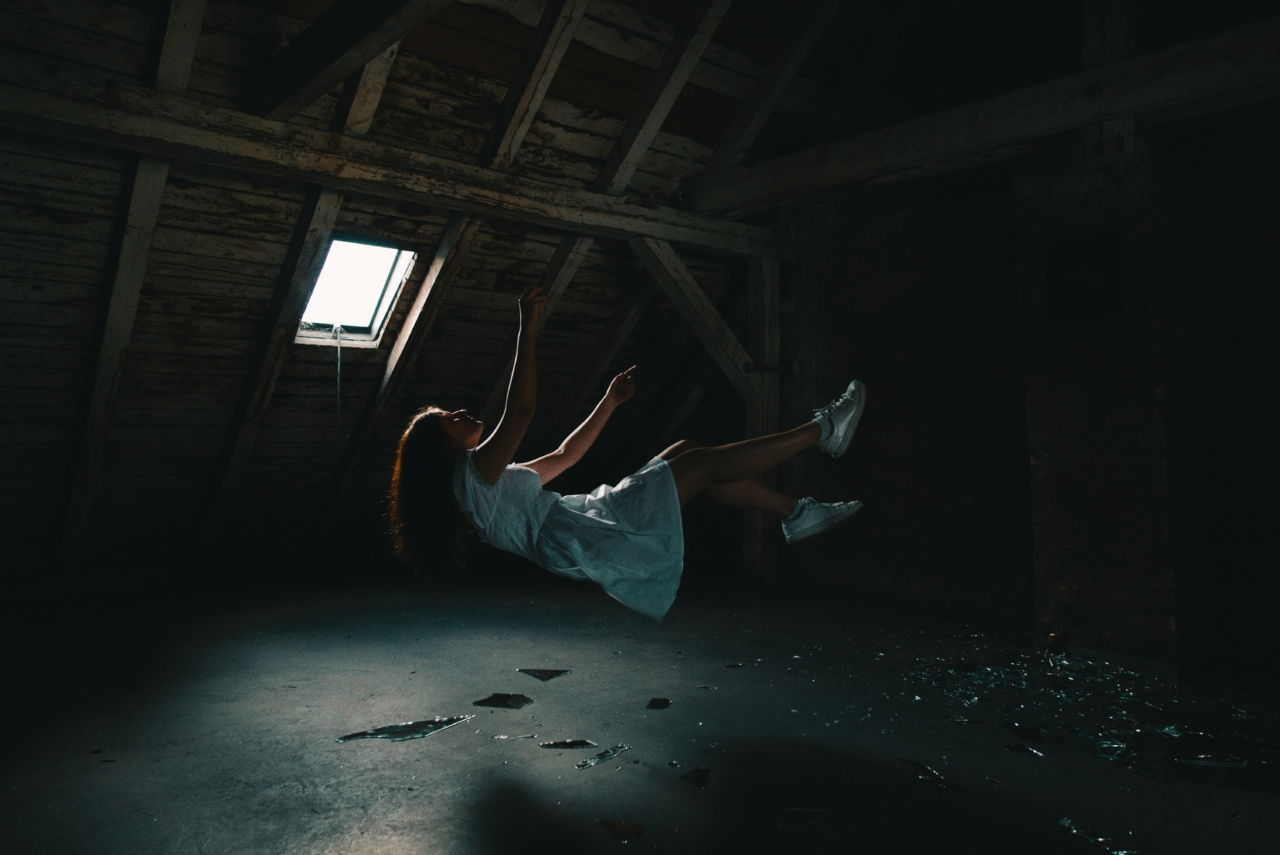Getting a good night’s sleep is essential for our physical and mental health. However, many people struggle with falling asleep easily.
If you find yourself tossing and turning in bed, here are some effective tips and tricks to help you master the art of falling asleep.
1. Create a Soothing Sleep Environment
Make your bedroom a sanctuary for sleep. Remove any distractions, such as electronics, and keep the room cool, dark, and quiet. Invest in comfortable bedding, pillows, and a supportive mattress to optimize your sleep environment.
2. Stick to a Consistent Sleep Schedule
Establishing a regular sleep routine can regulate your body’s internal clock. Try to go to bed and wake up at the same time every day, even on weekends or days off. This helps train your body to naturally feel tired at the appropriate bedtime.
3. Avoid Stimulants and Electronics Before Bed
Avoid consuming caffeine, alcohol, or nicotine in the evening, as they can interfere with your ability to fall asleep. Additionally, the blue light emitted by electronic devices like smartphones and computers can disrupt your sleep-wake cycle.
Disconnect from electronics at least an hour before bed.
4. Practice Relaxation Techniques
Engaging in relaxing activities before bed can help calm your mind and prepare your body for sleep. Some effective techniques include deep breathing exercises, progressive muscle relaxation, and yoga.
Experiment with different relaxation methods to find what works best for you.
5. Wind Down with a Bedtime Routine
Create a calming bedtime routine to signal to your body that it’s time to relax. This could involve taking a warm bath, reading a book, or listening to soothing music. Find activities that help you unwind and make them part of your nightly ritual.
6. Avoid Napping During the Day
If you’re having trouble falling asleep at night, avoid napping during the day. Daytime sleep can make it harder for your body to feel tired when it’s time for bed. If you really need a nap, limit it to a short power nap earlier in the day.
7. Create a Comfortable Sleep Environment
Ensure your sleep environment is comfortable and inviting. Choose a pillow and mattress that provide proper support and alignment for your body. Consider investing in blackout curtains or a white noise machine if you’re sensitive to light or noise.
8. Limit Exposure to Bright Light in the Evening
Your body’s internal clock is influenced by natural light. During the day, expose yourself to plenty of natural light, but in the evening, limit your exposure to bright lights.
Dim the lights in your home, use lamps with warm, soft lighting, and avoid bright screens before bed.
9. Manage Stress and Anxiety
Stress and anxiety can greatly contribute to difficulties falling asleep. Incorporate stress-relief techniques into your daily routine, such as meditation or journaling.
If you find that you can’t shake off persistent worries, consider seeking support from a therapist or counselor.
10. Avoid Clock-Watching
Obsessing over the time can create anxiety and make it even harder to fall asleep. If possible, turn your clock away from you, so you’re not tempted to constantly check the time. Focus on relaxing and letting go of the need to control your sleep.
Conclusion
Mastering the art of falling asleep involves creating a sleep-friendly environment, adhering to a consistent sleep schedule, and adopting relaxation techniques.
By implementing these tips and tricks, you’ll be on your way to a restful and refreshing night’s sleep.































